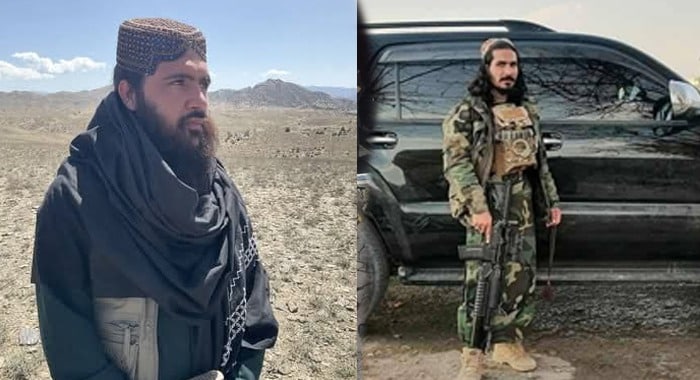In a significant counterterrorism breakthrough, a senior commander of the outlawed Tehrik-i-Taliban Pakistan (TTP), Ahmadullah, son of Akhtar Muhammad, was eliminated by unidentified assailants in Afghanistan’s Helmand province during the night between April 30 and May 1, 2025. Security sources confirmed that the targeted killing took place in the Sangin district, dealing a substantial blow to the operational leadership of the proscribed militant outfit.
Hailing from Ladha in South Waziristan, Ahmadullah served as the formation commander of the TTP’s so-called “Wilayah Dera Ismail Khan” and played a central role in orchestrating a series of high-profile attacks against civilians and security forces, particularly in the Ladha and Makeen regions. Intelligence assessments indicate he was in the advanced stages of planning expanded terrorist operations in Dera Ismail Khan, which have now been thwarted.
A staunch adherent of the extremist Khawarij ideology — a radical and violent distortion of religious doctrine used to legitimize armed insurrection — Ahmadullah was instrumental in propagating militant narratives aimed at destabilizing Pakistan’s internal security. His elimination is viewed by security analysts as a strategic setback for the TTP’s command structure and ideological influence.
Though official confirmation from the state is pending, counterterrorism experts have lauded the development as a major tactical gain, reinforcing the resolve of Pakistani security institutions to pursue and neutralize terrorist threats wherever they may exist. The incident underscores the message that militant operatives, regardless of geographic sanctuary, remain within the reach of justice.
Ahmadullah’s removal is expected to cause considerable disruption within the TTP’s transnational networks, further weakening the group’s capacity to mount coordinated attacks. It also reaffirms Pakistan’s commitment to dismantling all forms of terrorist infrastructure and upholding regional peace and security.





